The Federal Government has announced an ambitious plan to increase Nigeria’s crude oil production by an additional one million barrels per day within the next 12 to 24 months.
This initiative is designed to address long-standing issues in the oil sector, including theft, pipeline damage, outdated infrastructure, and the need for fresh investments.
The Nigerian Upstream Petroleum Regulatory Commission (NUPRC) reported a slight dip in production, with output falling from 1.571 million barrels per day in August to 1.544 million in September, a 1.68% decline.
Despite this setback, the government’s new plan promises to reverse the trend by implementing targeted measures aimed at increasing output.
During the unveiling of the “Project 1MMBPD” initiative, marking NUPRC’s third anniversary, President Bola Ahmed Tinubu, represented by Senator George Akume, the Secretary to the Government of the Federation, emphasized the importance of ramping up oil production for national economic growth.
According to the President, “Project one million barrels per day is a giant step forward for our oil and gas industry, designed to grow sustainably. By enhancing domestic energy security and supporting economic vibrancy, this initiative will ensure Nigeria remains a crucial player in the global energy landscape.”
Push for Higher Production Goals
Minister of State for Petroleum Resources (Oil), Senator Heineken Lokpobiri, expressed that while the additional one million barrels per day target is a positive step, it falls short of Nigeria’s potential.
He urged stakeholders to aim higher, suggesting that production should return to levels of 2.5 million barrels per day in the short term, with a long-term goal of reaching four million barrels per day.
“For a country that once produced over two million barrels per day, the present additional one million target is unacceptable. We should be aiming for 2.5 million in the short term and four million barrels per day in the long term,” he stated.
Divestments and Approvals
During his address, NUPRC’s Commission Chief Executive, Engr. Gbenga Komolafe, shared details on divestment decisions.
The government has blocked Shell’s $2.4 billion divestment of its onshore and shallow water assets to the local group Renaissance, but it approved four other significant deals. These include ExxonMobil’s sale of Mobil Producing Nigeria Unlimited to Seplat Energy, among others.
“Out of the five divestment applications received by the Commission, four passed the regulatory test and secured ministerial consent,” Komolafe said.
Other approved deals include the sale of Equinor Nigeria Energy to Project Odinmin Investments, Nigerian Agip Oil Company to Oando Petroleum, and TotalEnergies EP Nigeria Limited to Telema Energies Nigeria.
Challenges with Aging Infrastructure
The Group CEO of NNPC Limited, Mele Kyari, highlighted critical challenges to increasing oil production, citing the aging infrastructure and the persistent issue of pipeline vandalism.
“We are dealing with infrastructures that are over 50 years old. Without replacing these, you cannot evacuate the additional one million barrels of oil, especially from onshore assets,” he stated.
Call for Modernization
Chairman of UBA Group, Tony Elumelu, echoed the need for modernization, pointing out that Nigeria’s oil production has steadily declined from over two million barrels per day to less than 1.5 million.
He attributed this downward trend to aging infrastructure, regulatory uncertainty, and security issues in the Niger Delta, which continue to affect the sector and the broader economy.
“As a nation, we cannot permit this decline to continue. We must modernize our oil and gas infrastructure to safeguard our economy and ensure prosperity for future generations,” he urged.

 1 month ago
2
1 month ago
2
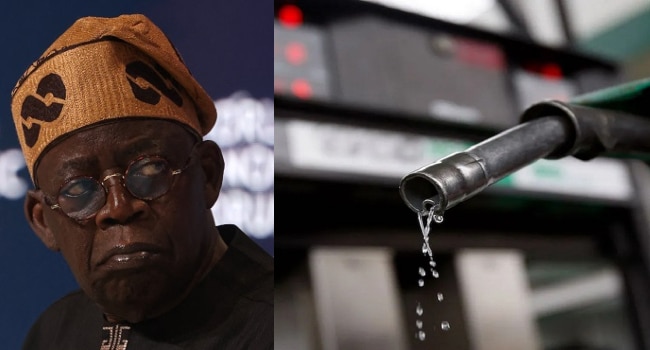

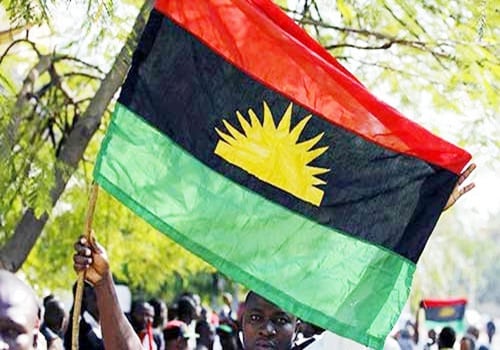
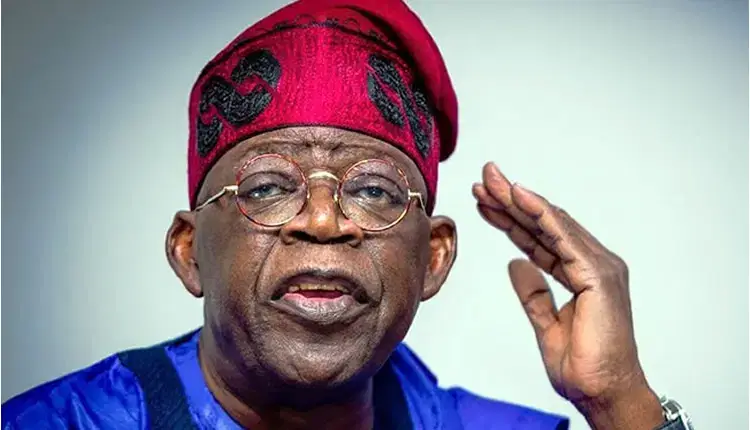

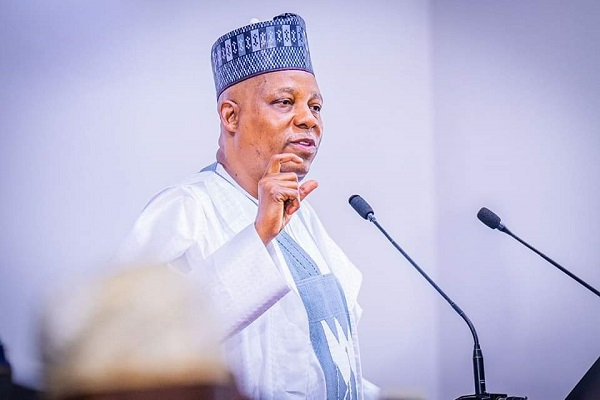
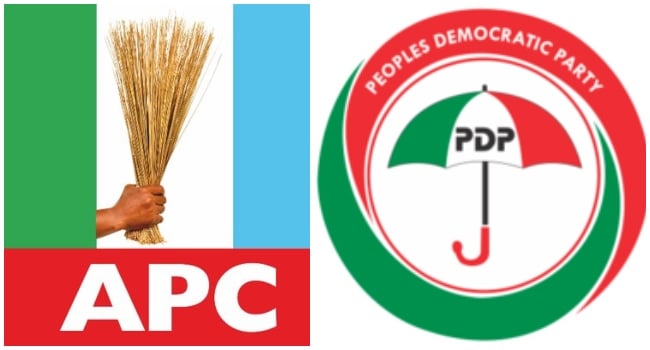





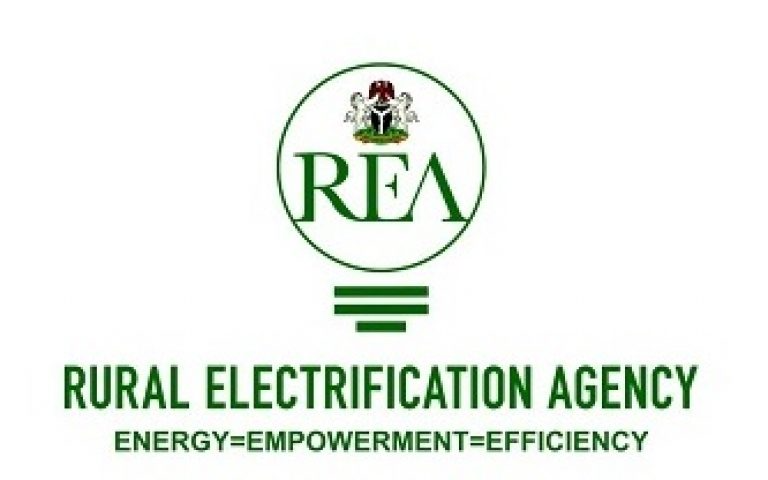


 English (US) ·
English (US) ·